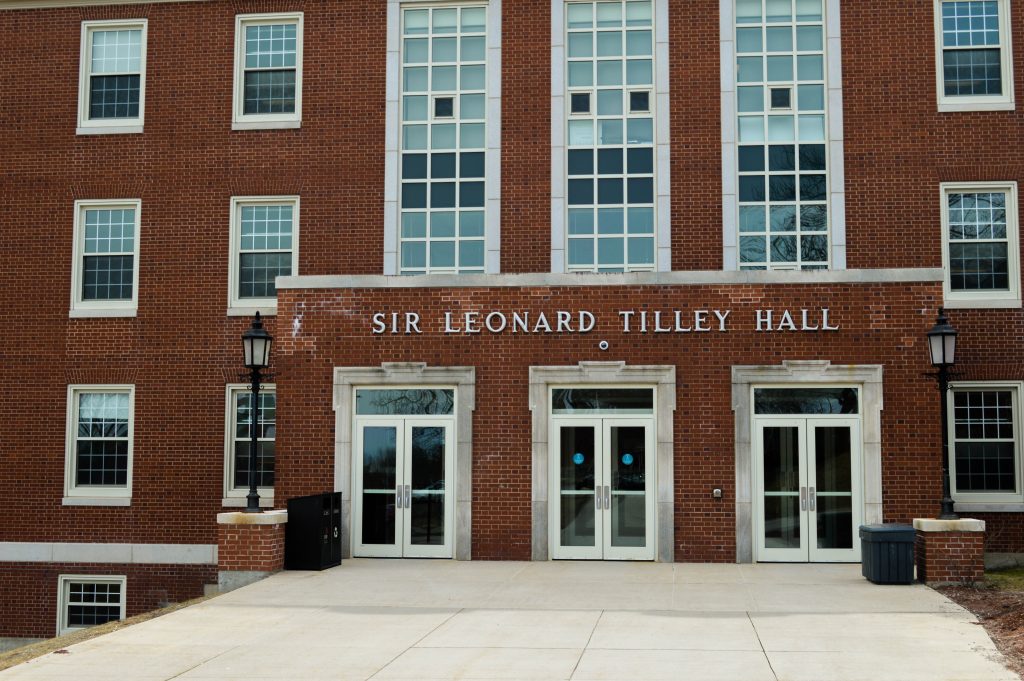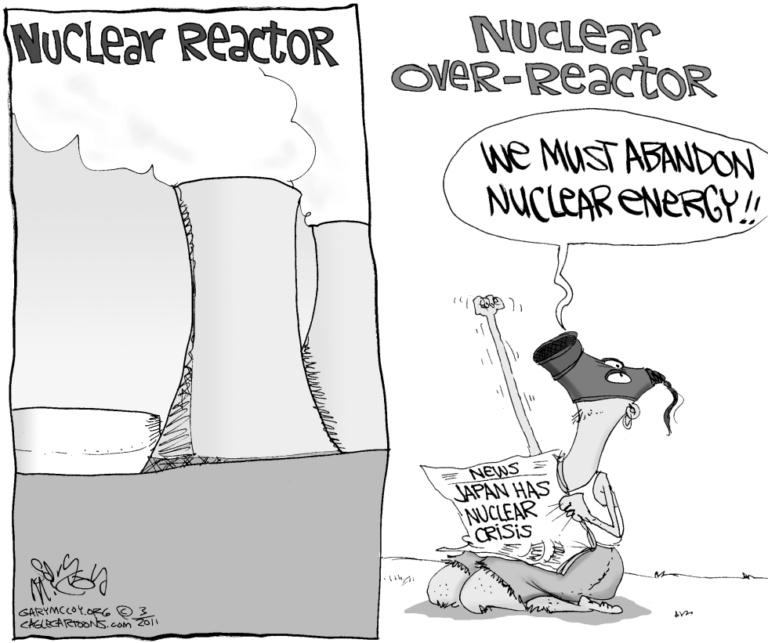Though arts is one of the largest faculties at the University of New Brunswick, its students are often the butt of jokes about the perceived quality of an arts degree.
I began my academic career in September as an arts student hoping to pursue political science. I hadn’t thought twice about my choice of program before coming to UNB. My mother had graduated from Simon Fraser University with an arts degree, and I had her wonderful example to show me what an arts degree could do for me.
However, even during orientation week, I started to feel that my degree wasn’t being taken seriously by my peers. The new friends I was making didn’t say anything overt, but when asked, “What are you taking?” I noticed that my answer was met with sly smiles and overly polite nods. I started to wonder– what makes arts any less valuable than sciences?
The answer– nothing. My very first lecture in Arts 1000 (a mandatory course for every student pursuing an arts degree at UNB) taught me that arts is just as valuable as any other program, and I don’t have to qualify “I’m studying arts” with anything else.
“It’s interesting that we keep asking questions about why arts matters when we don’t ask that about other degrees,” said UNB dean of arts Joanne Wright. “It’s hard to understand how people don’t see the value of a degree that immerses you in the humanities and social sciences. It’s a degree that exposes you to language, culture, politics– there is so much that arts brings to students… It’s a foundational basis for whatever they do next.”
Wright explained that one of the reasons people undervalue arts degrees is due to a lack of understanding. With a STEM degree such as engineering, there is often a clear, straight path to a job and a career after graduation. In arts, there isn’t only one path.
Though many arts students enter the program with a plan for their future in mind, that plan isn’t as narrow or inflexible as it might be with other degree programs. Wright pointed out that sometimes this range of opportunities can be intimidating, but it should be considered an asset.
“I think it’s unfortunate but understandable that people are looking for certainty. But the problem with that kind of thinking around a degree program is that people are pursuing degrees in things that don’t interest them,” Wright said.
Arts offers options. It allows students to engage with almost every course area available at UNB, which means students can engage with subjects for which they didn’t even know they had a passion.
First-year student Abby McCarthy came to UNB to study kinesiology, but has switched into arts for the coming academic year. “I found out about psychology when I had the chance to take an introduction to sports psychology course my first semester. I really enjoyed this class and wasn’t finding I had a love for Kin Science as the year went on,” McCarthy said.
She has been spending time putting together an arts course load that better fits her needs as well as her interests. “I think university is about figuring out what you like and to not be afraid, even if it might be completely different from where you started,” she said.
Wright said that while parents may push for their children to pursue degrees that leave them with “easily identifiable skills,” arts is about more than just knowing how to do something. It’s about knowing why to do something, how that something came to be and what makes it matter to society.
“Arts provides a tool kit,” Wright said. “In addition to more informed citizenship, it gives you greater adaptability for the labour market so you have a variety of skills that can be applied to a variety of jobs. Employers want arts grads because they want that adaptability and that experience with change.




